
EU delays EUDR: what cosmetics brands need to know
The EUDR has been postponed again – we explain the key compliance changes.
News & Analysis on Cosmetics Innovation

The EUDR has been postponed again – we explain the key compliance changes.
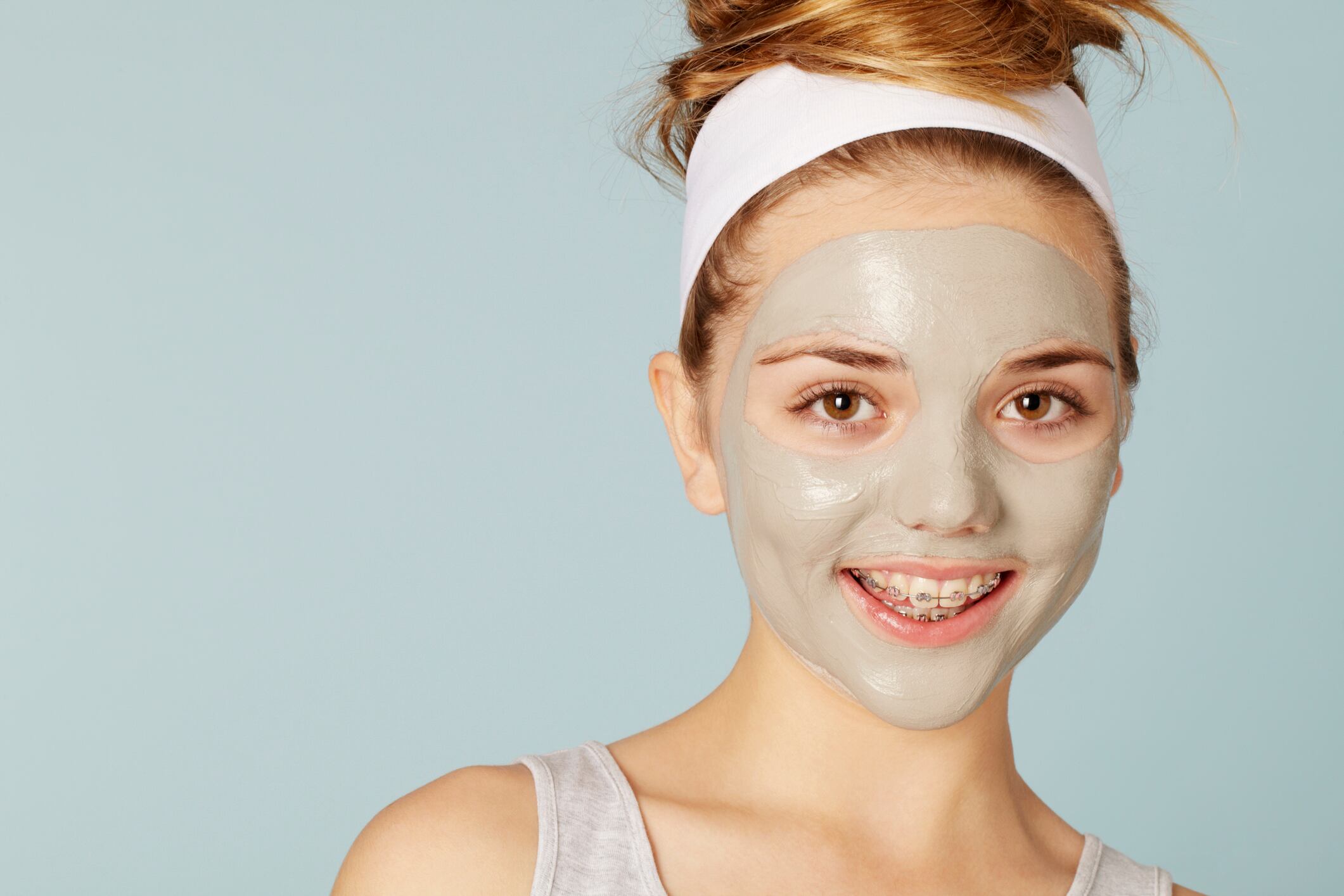
The UK cosmetics industry body CTPA undertook a nationwide survey of parents to better understand why children are more fixated on skincare products.
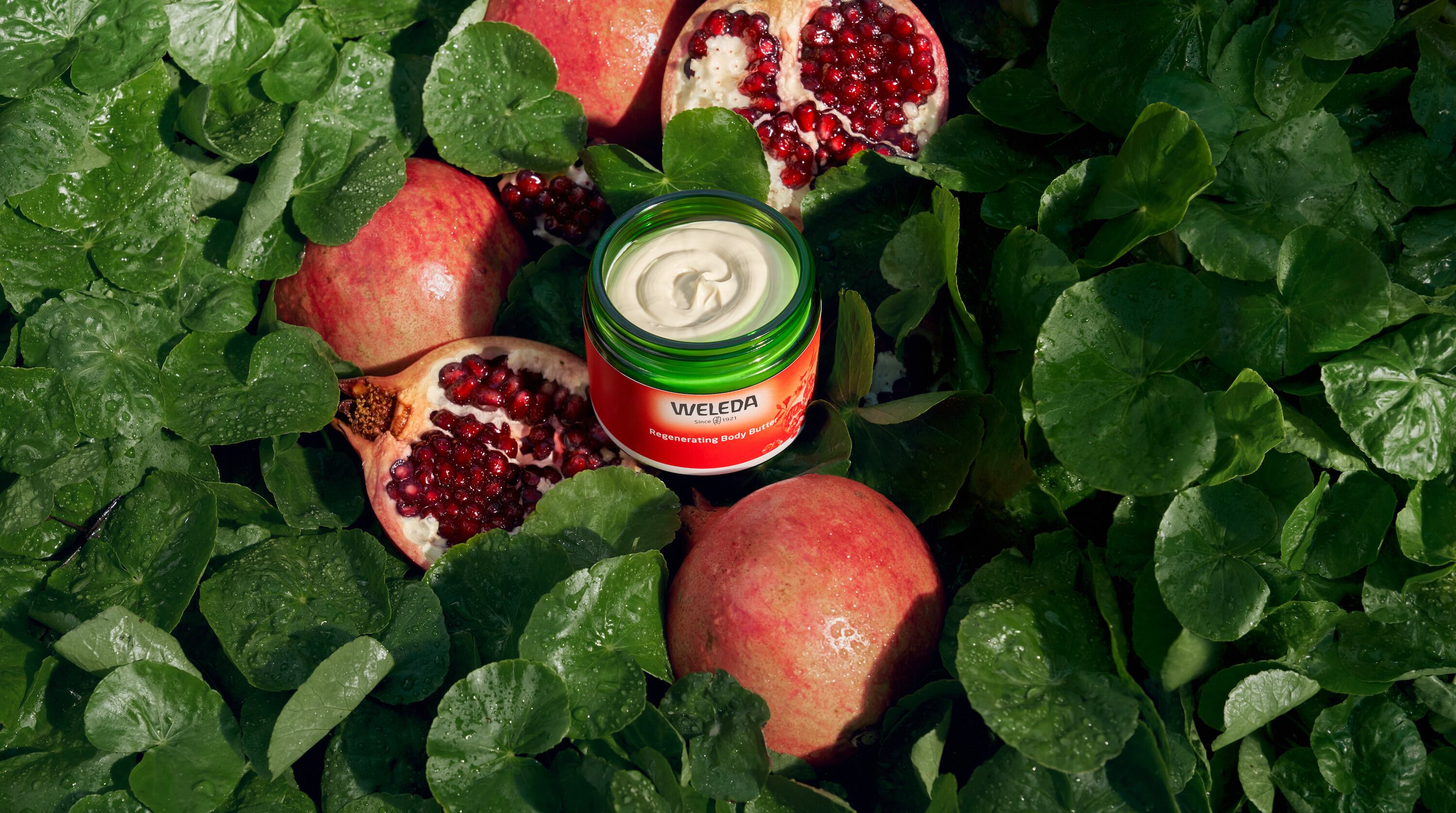
What’s next for Weleda UK as it plans expansion in 2026? We spoke to its new MD for Weleda Pharma to find out more…

The chemicals company aims to scale Alchemy globally through its sales and distribution network.
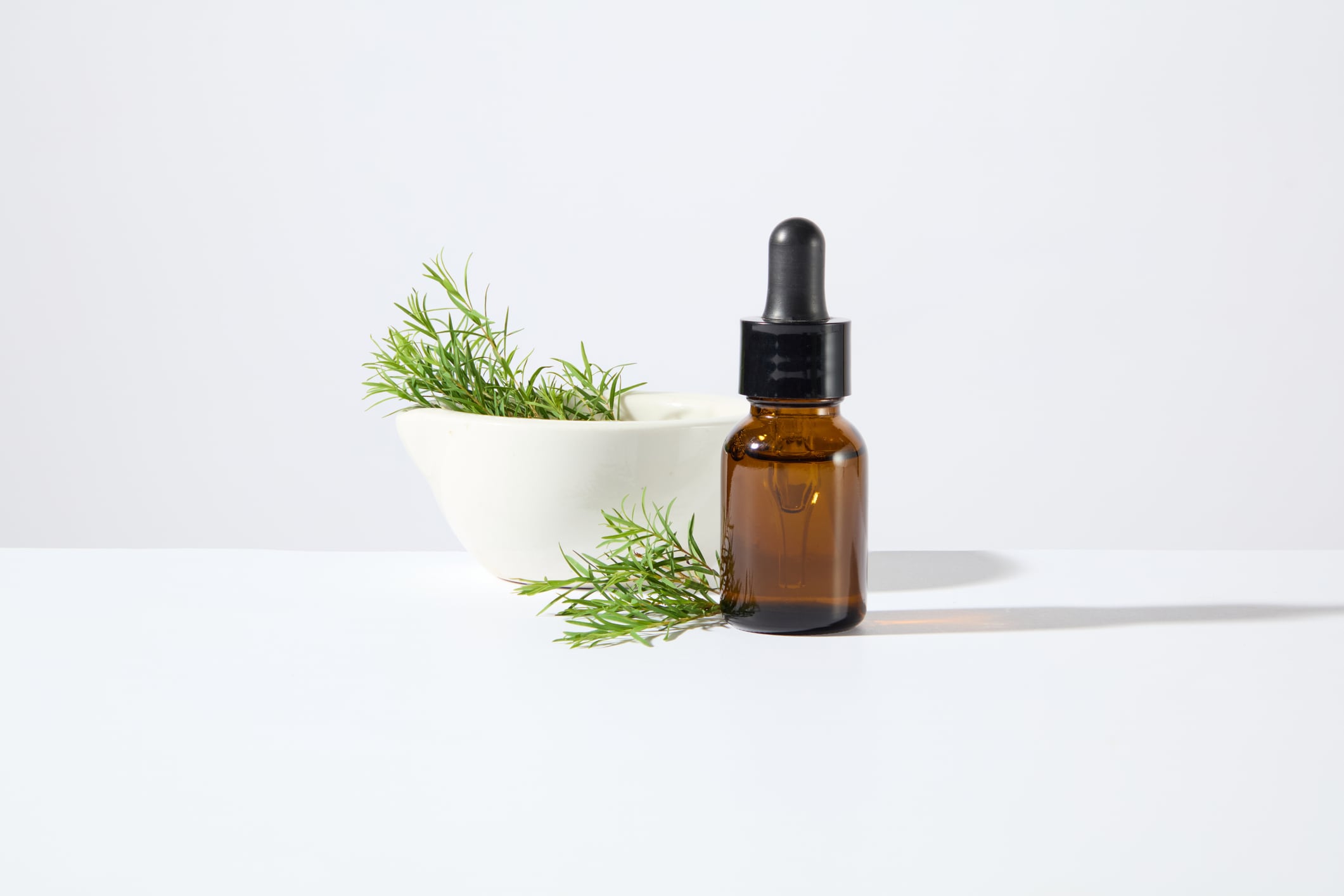
After years of discussion on the safety of tea tree oil in cosmetics, the EU’s Scientific Committee on Consumer Safety (SCCS) has issued its final opinion.

Japanese multinational Kao has unveiled its new ScentVista 400 technology, which could transform fragrance R&D.

Behind the rise of regenerative scalp care. What are the key ingredients & trends to watch?
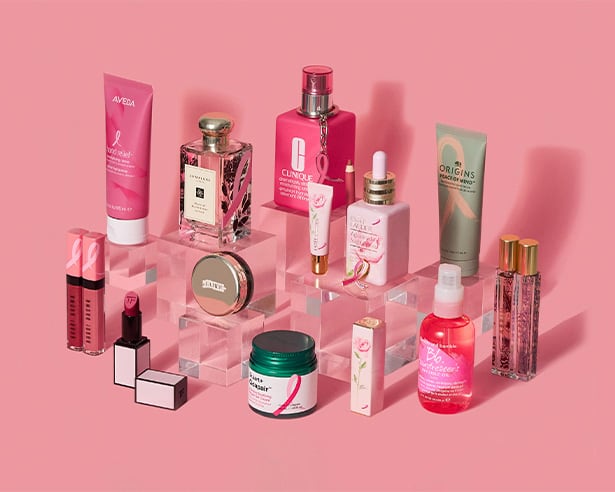
As beauty multinational Estée Lauder Companies reports a return to positive sales and profit growth in its latest financial results, its CEO revealed more about its future focus during the analyst call.
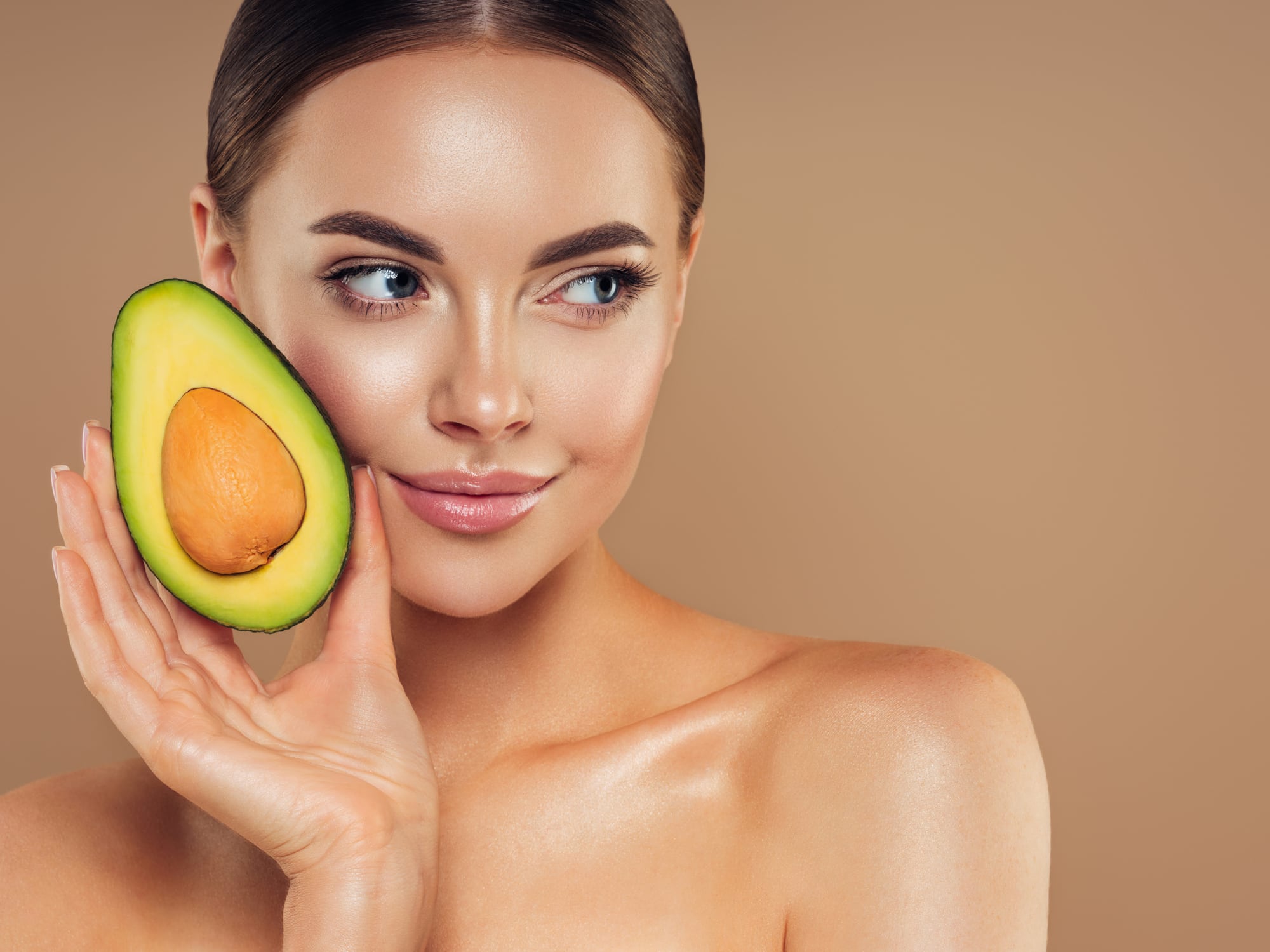
New research highlights the potential of nanobubble-enhanced avocado, apple and kiwi by-products as sustainable, multifunctional ingredients for cosmetic formulations.
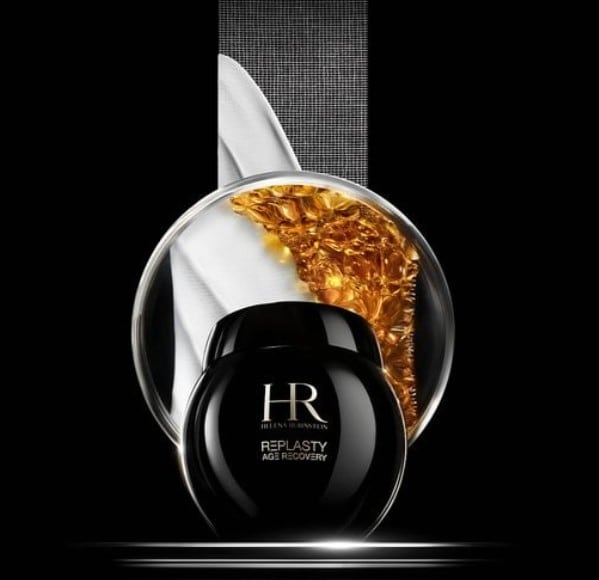
We spoke to the mediluxe brand about its innovation in ozone, senescence & skin repair.

A new report from strategic foresight consultancy The Future Laboratory and Together Group describes India as a “global beauty powerhouse” and outlines the emerging trends shaping the country’s beauty landscape.
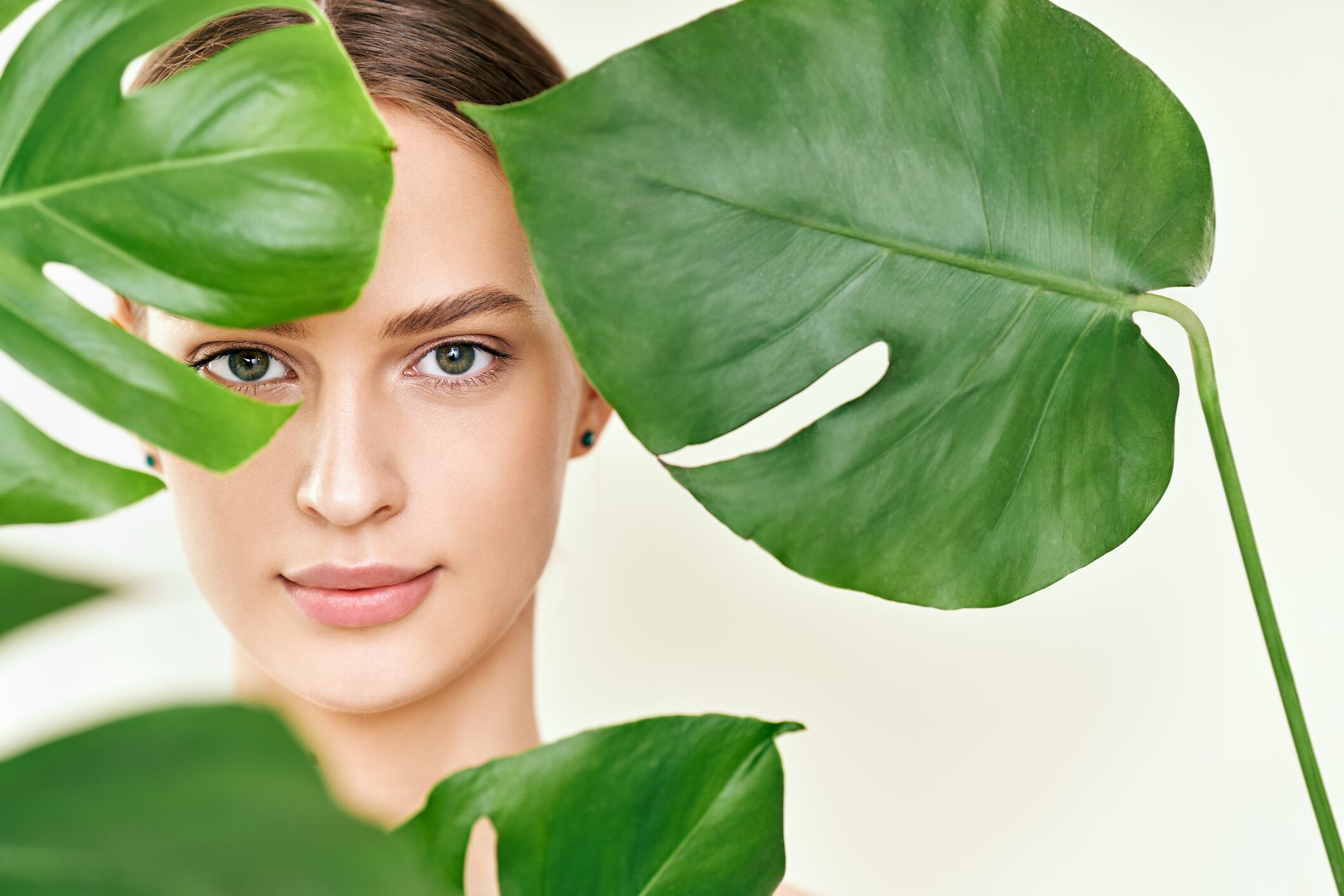
German cosmetics chemicals company Brenntag has entered a strategic partnership with biomaterials production platform Synonym to fast-track bioproducts to the global market.
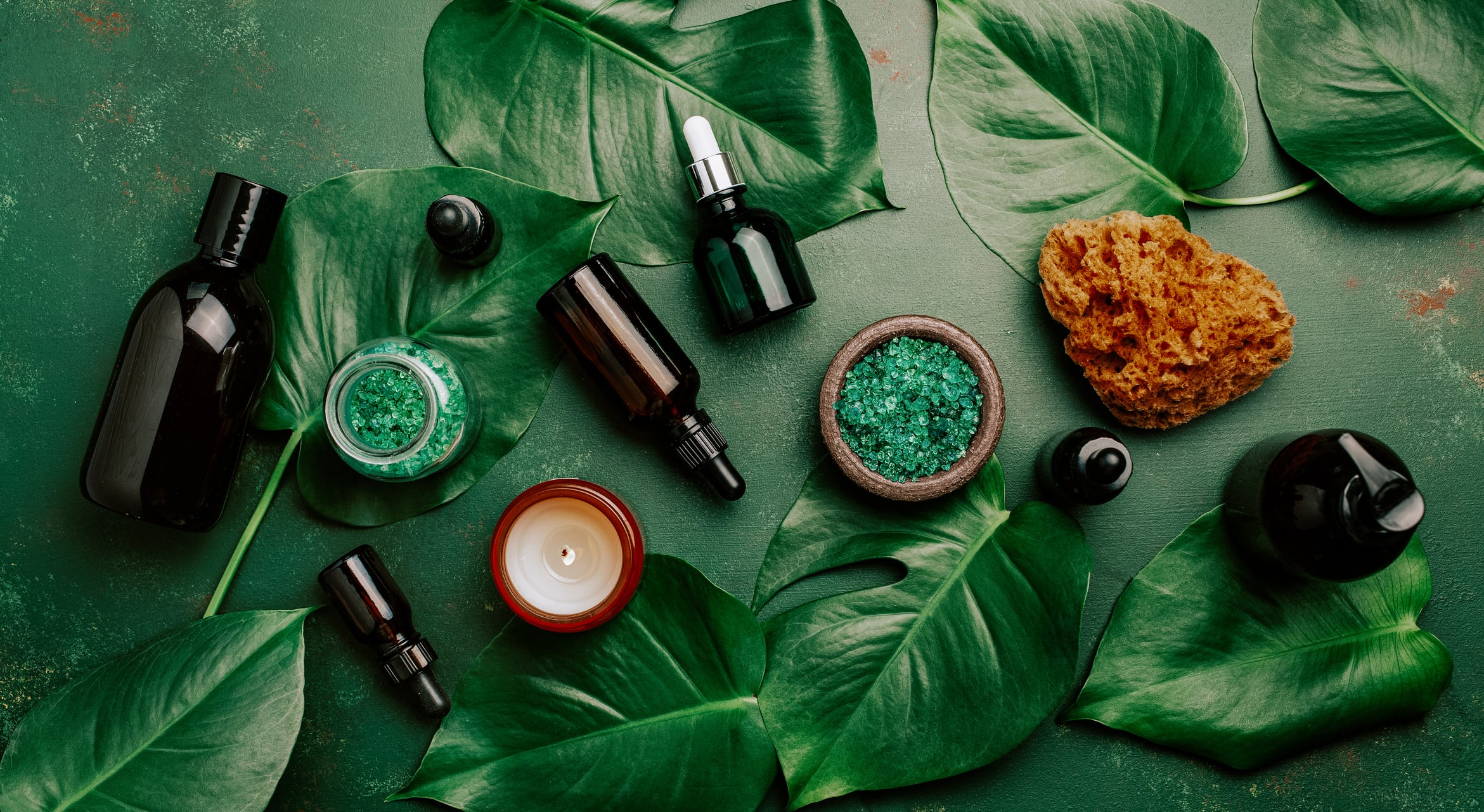
As sustainability remains a key focus in cosmetics development, the annual awards celebrated some of the latest innovations disrupting the space.
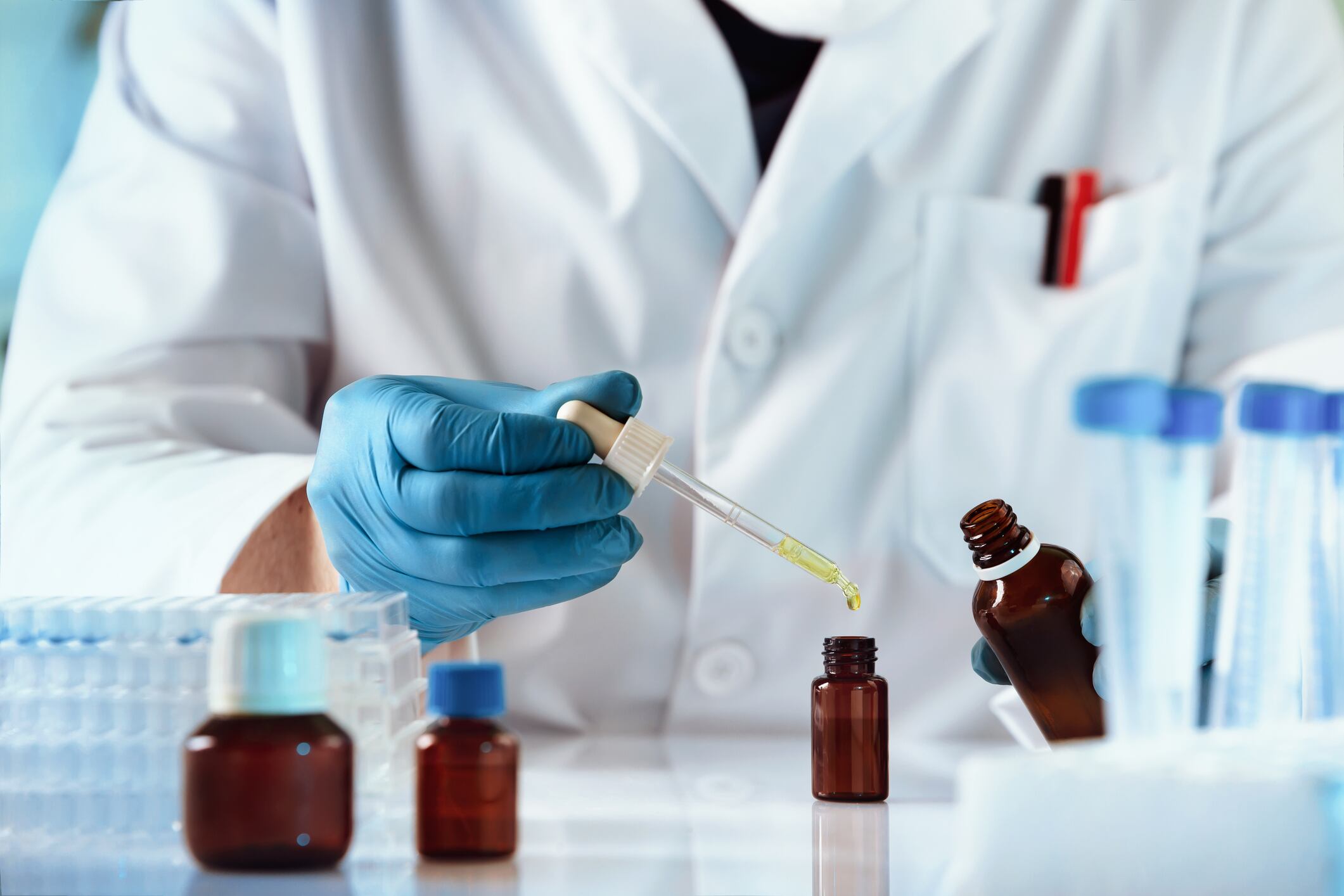
New research shows how new skin-on-chip methods could potentially disrupt animal testing in the beauty and personal care industry.
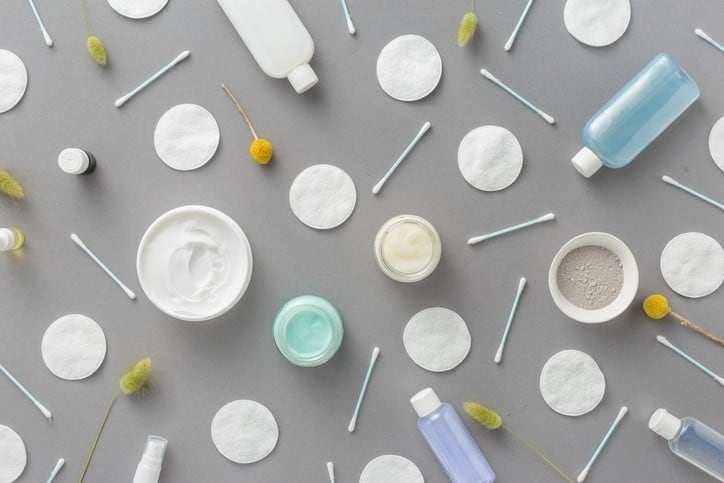
Dive into our latest stories on formulation and science, featuring research on extracts of peony root, ethanolic plum leaf and honeysuckle flower, efficacy of a new-gen Winona cream, and more.
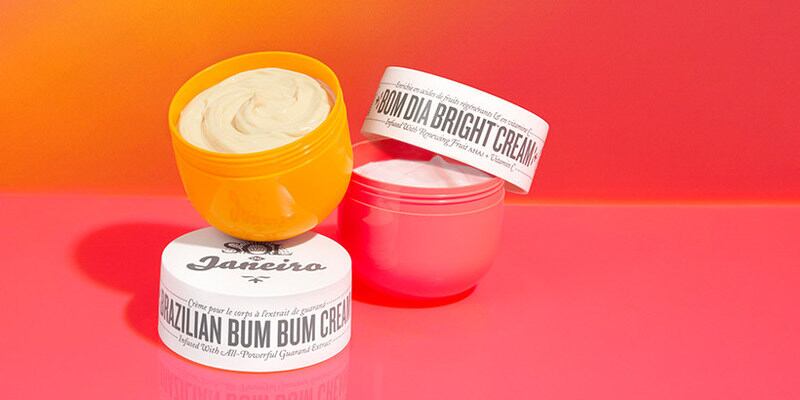
In this exclusive interview with L’Occitane Group’s travel retail division MD and Marketing Director, we find out what’s happening in this key retail channel and what’s coming next for its brands.
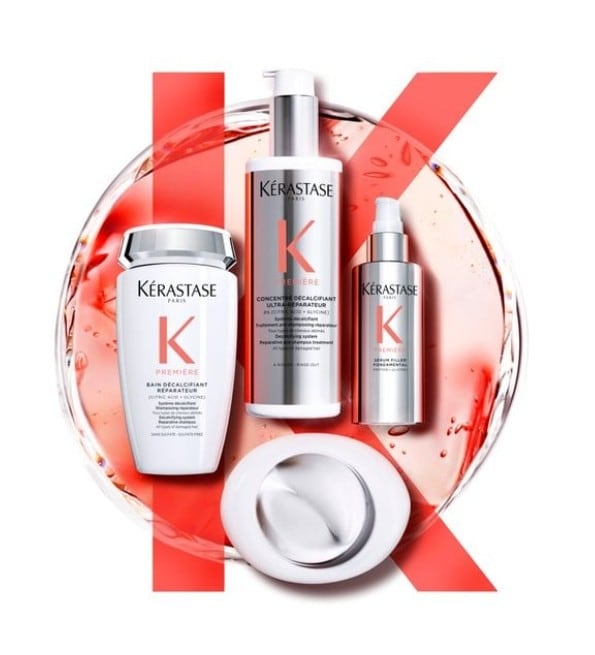
The French multinational has shared its financial results for the first nine months of 2025, showing recovery in the North American and Chinese markets, but a slowdown in Latin America.
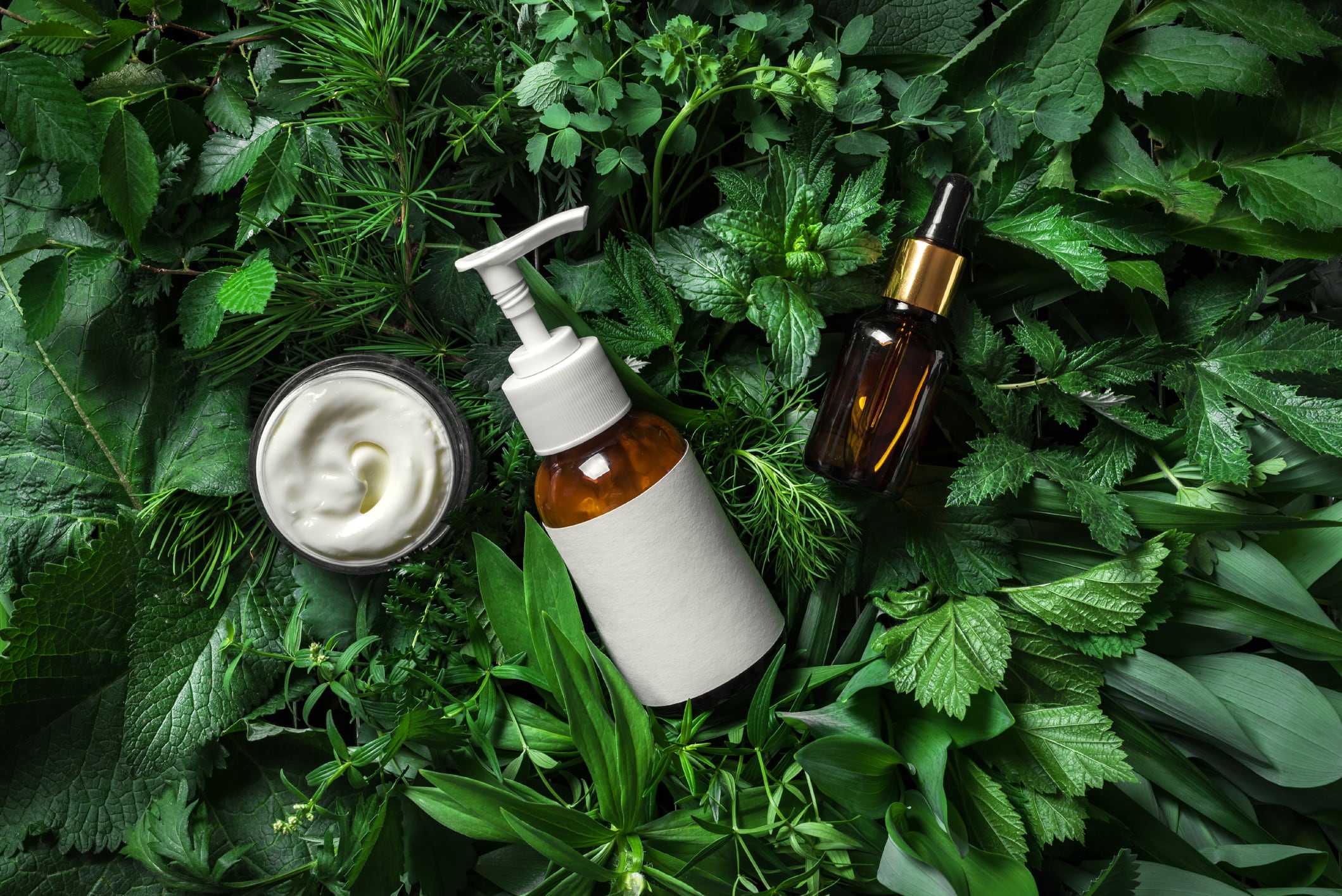
Ahead of the Sustainable Cosmetics Summit in Paris, we spoke to the event founder about how AI, biotech and eco-design are transforming sustainability.

Ahead of the Beautyworld Middle East show, we spoke to a Euromonitor International consultant for MENAT & Pakistan to learn more about what’s happening in the region.
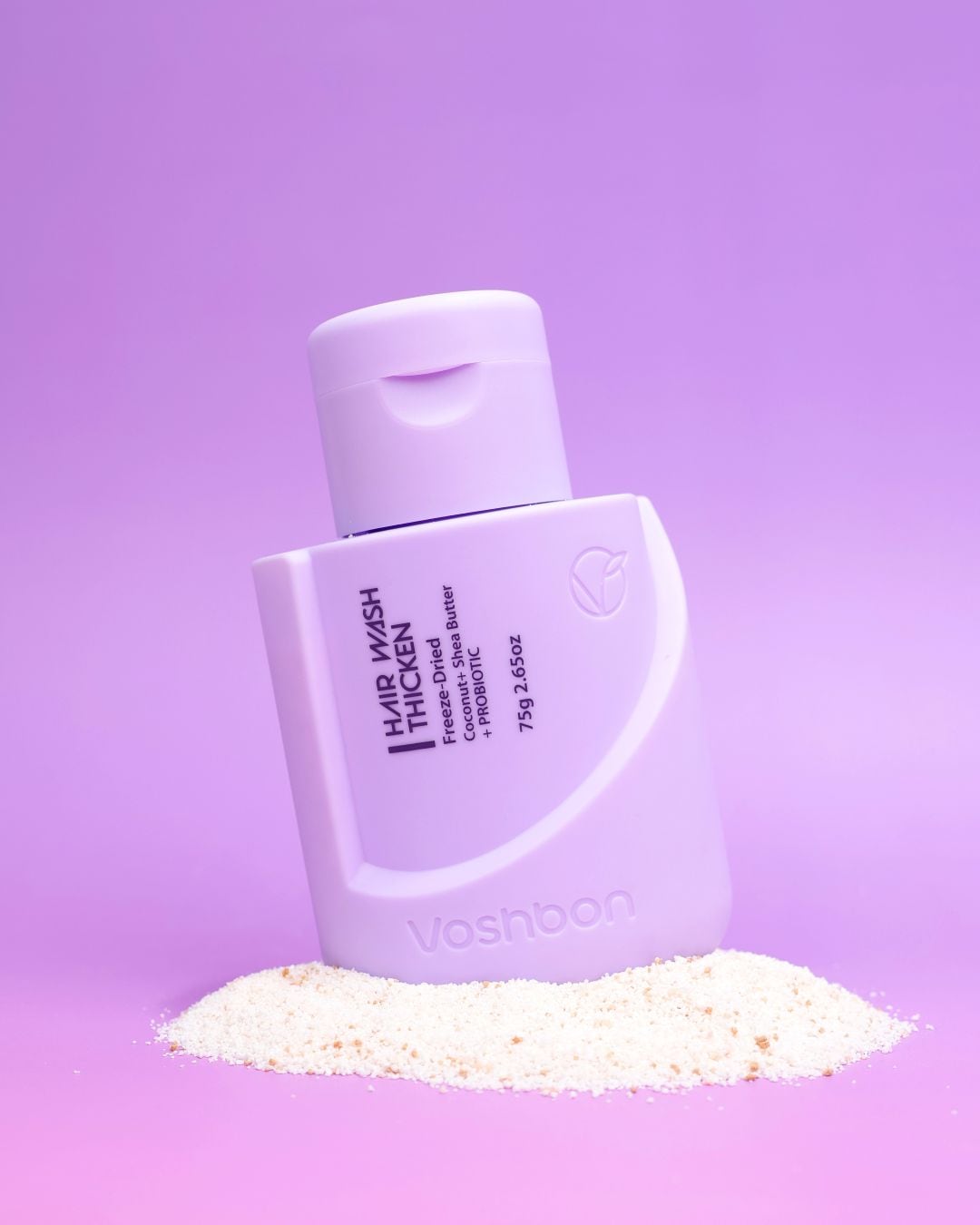
The brand says its skin care, hair care and body care products save 3.5 litres per bottle and cut CO₂ emissions by 80%.

Mintel’s 2026 global beauty trends forecast a shift towards wellness diagnostics, emotionally resonant experiences, and a celebration of imperfection. We explore what this means for the future of beauty.

According to the government organisation ANSES, the chemical contaminates aquatic ecosystems and soil and could pose health risks.
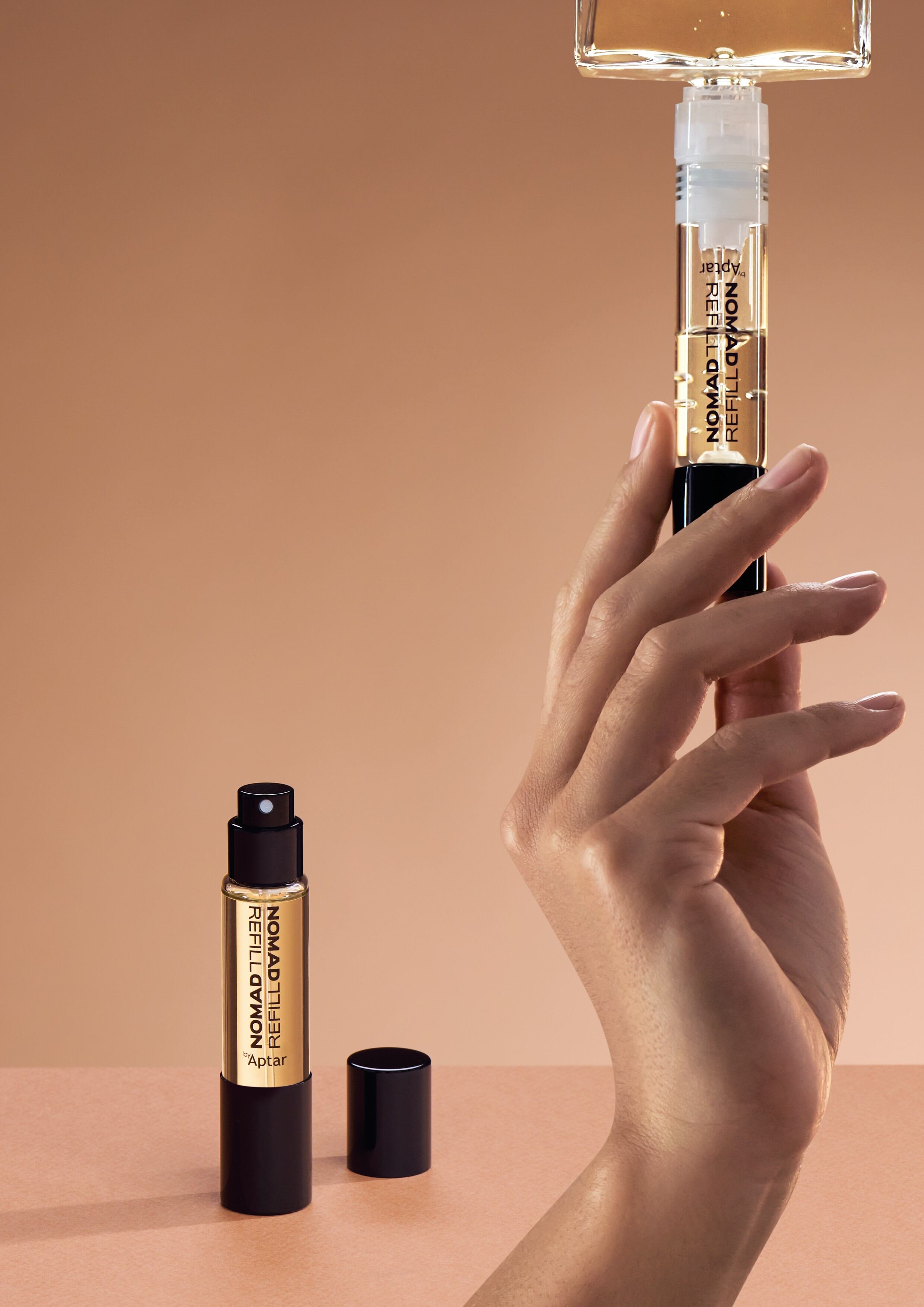
When it comes to spotting the latest technology and breakthroughs in beauty packaging, Luxe Pack Monaco is the place to be. Here, we round up some of the new launches that caught our attention at this year’s show.
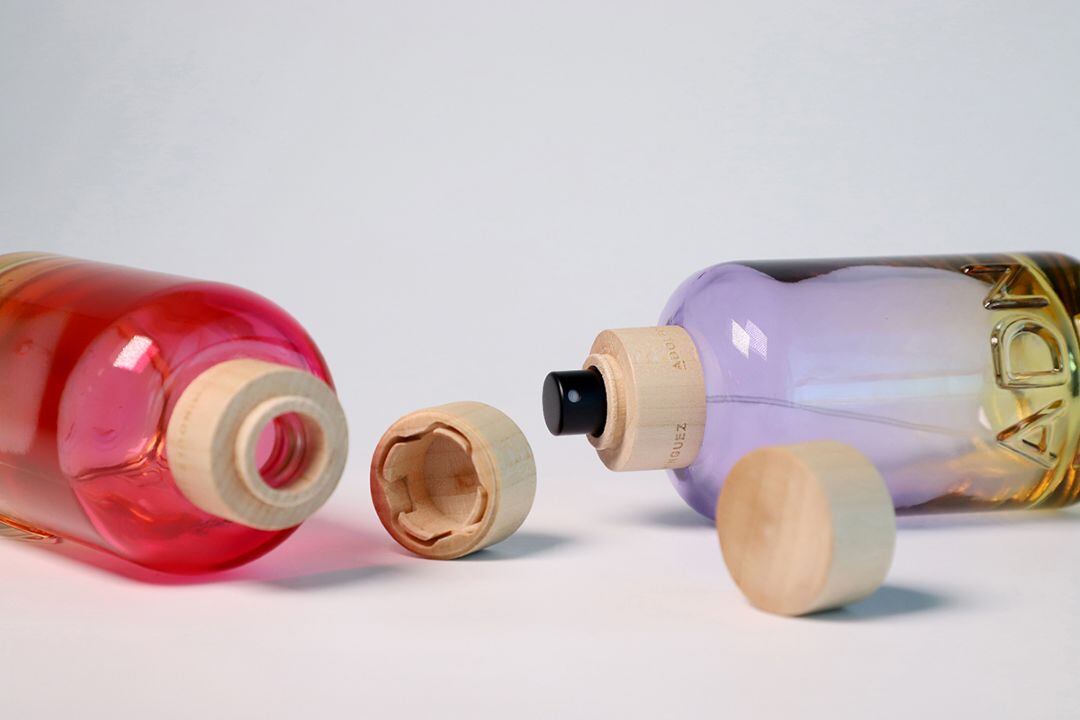
We scouted the recent Luxe Pack show in Monaco to uncover the latest eco-friendly beauty & personal care packaging innovations you’ll want to know about.

At the Luxe Pack show in Monaco, beauty industry experts gathered to share their views and experiences on how luxury is being redefined, highlighting key areas of interest for beauty product creators.

At the Luxe Pack Global show in Monaco this week, formulations expert Luisa Oliva revealed what is currently influencing the makeup R&D landscape and why.
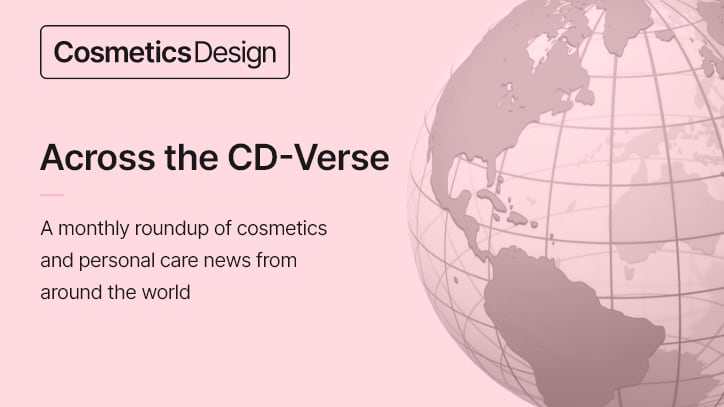
This month’s roundup of CosmeticsDesign’s global coverage includes an in-depth look at scientific developments, sustainable innovation, and notable brand launches.
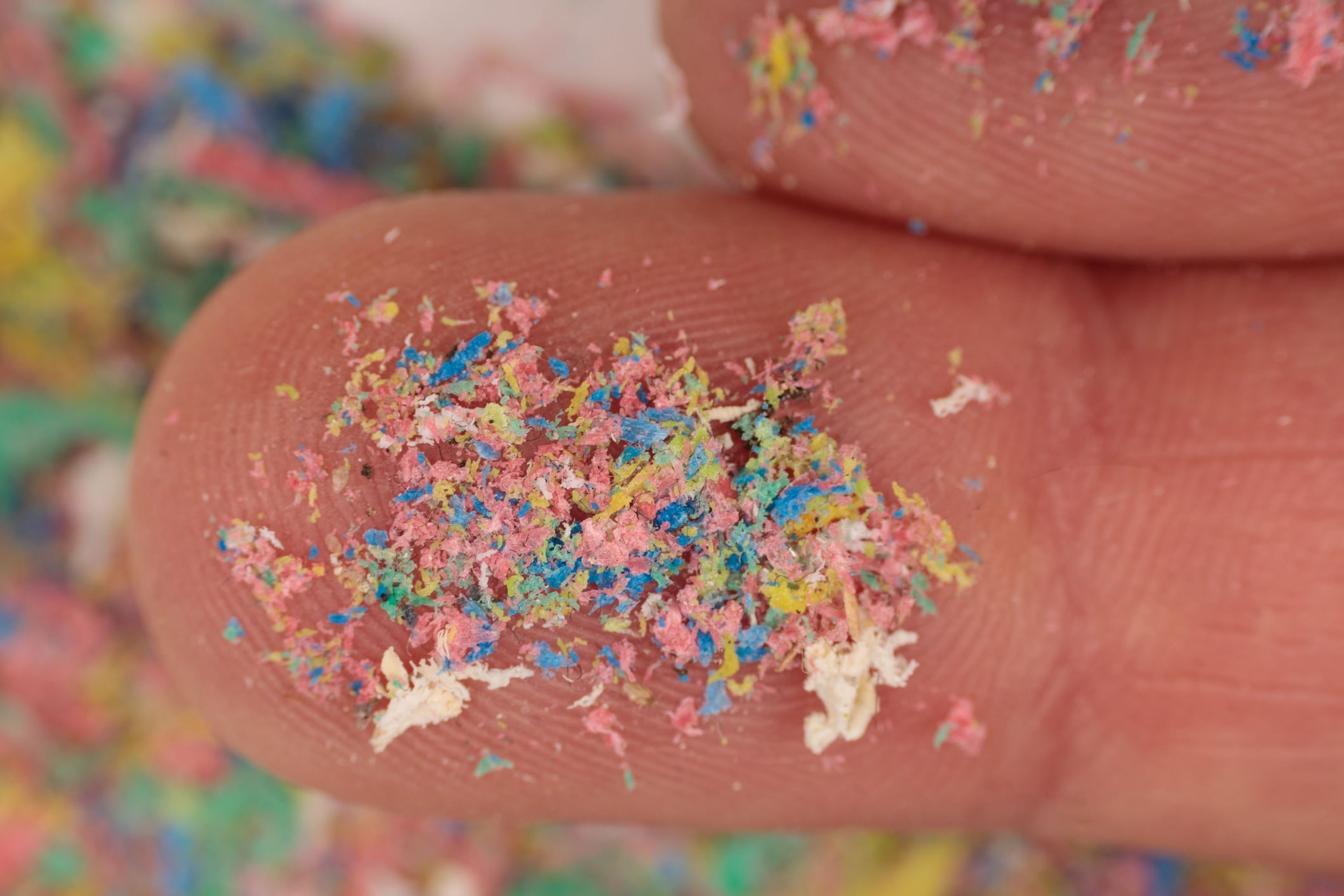
The EU’s microplastics regulation is driving North American beauty ingredient manufacturers and suppliers to innovate sustainable alternatives that do not compromise performance, as global consumer demand and regulatory expectations converge.

French biotech company Naolys has announced two new strategic partnerships in Europe and Asia to scale its technology.

The European Commission has proposed a second delay to the enforcement of the EUDR, citing that its technology systems are not yet ready.

The 35th International Federation of Societies of Cosmetic Chemists (IFSCC) Congress was hosted by the Société Française de Cosmétologie (SFC) in Cannes from 15–18 September. We explore some key takeaways from the congress.
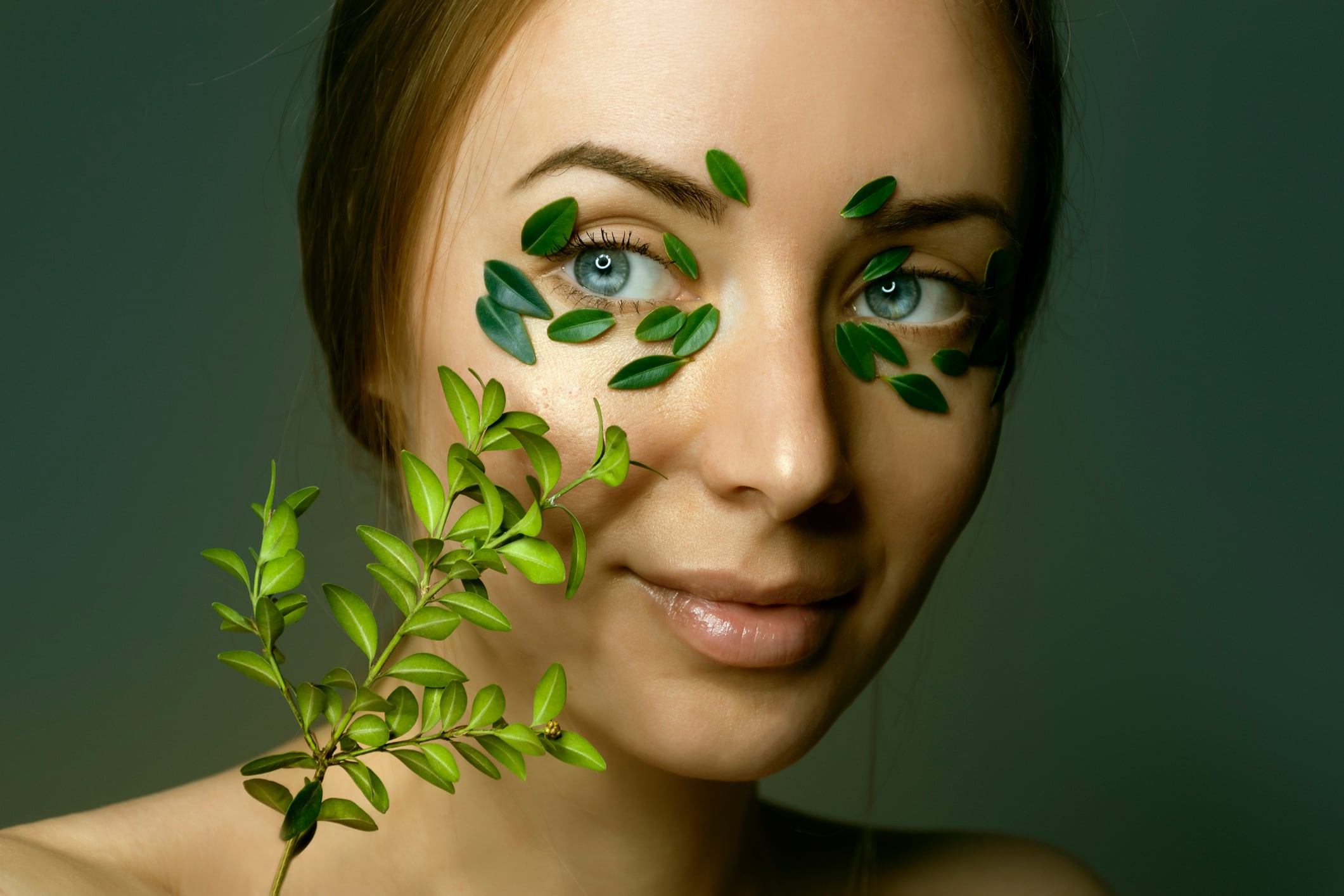
A new award category, aimed at recognizing early-stage innovation, is being introduced at this year’s Sustainable Beauty Awards as Ecovia Intelligence.

How eco-friendly makeup ingredients are driving next-gen formulations.

Sustainable beauty trends are increasingly shaping product development in GCC.
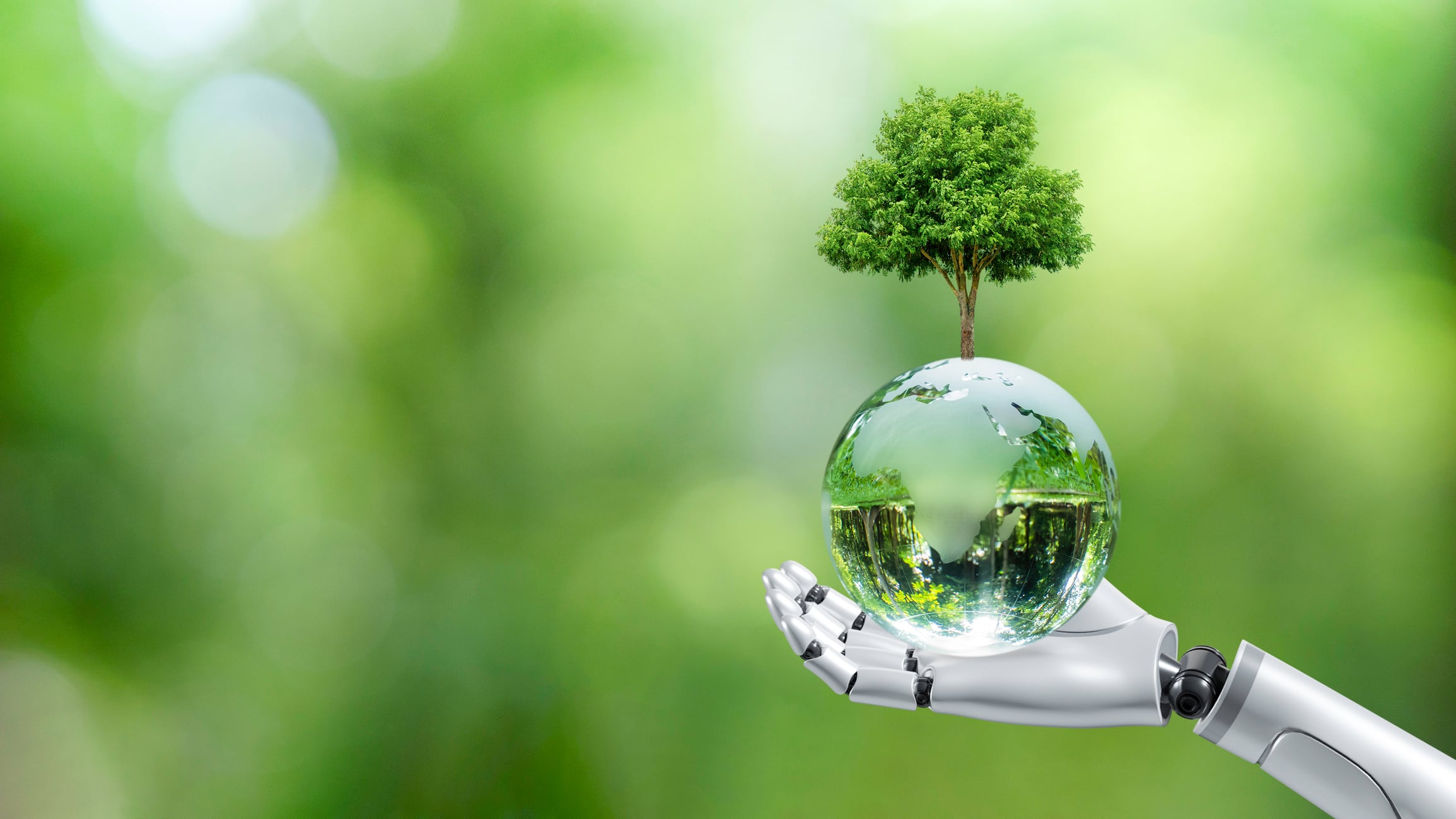
Here’s why green tech is high on the agenda for this year’s Sustainable Cosmetics Summit...
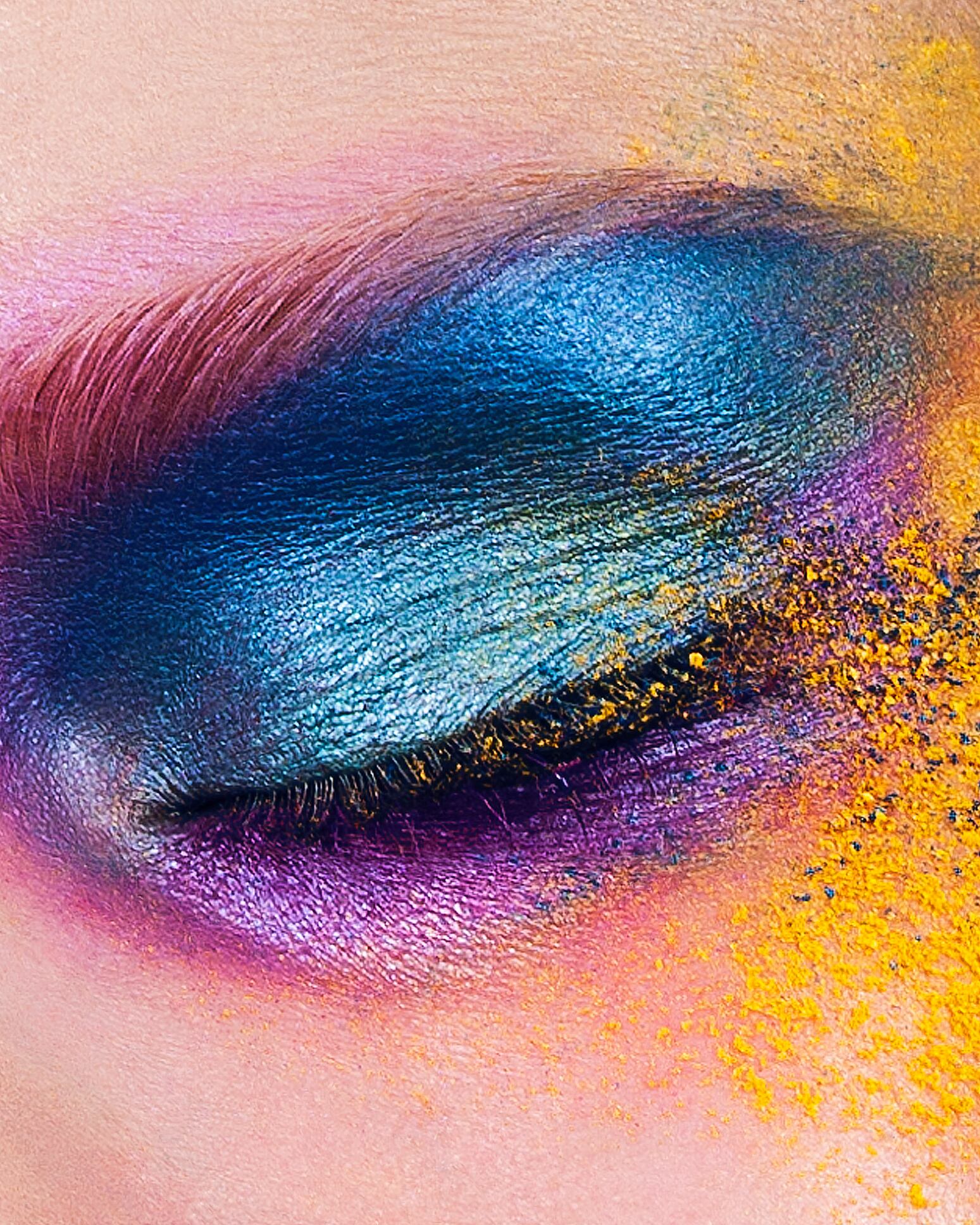

IFF Scent has invested €10 million to expand its LMR Naturals site in Grasse to create more sustainable natural ingredients for fragrance.
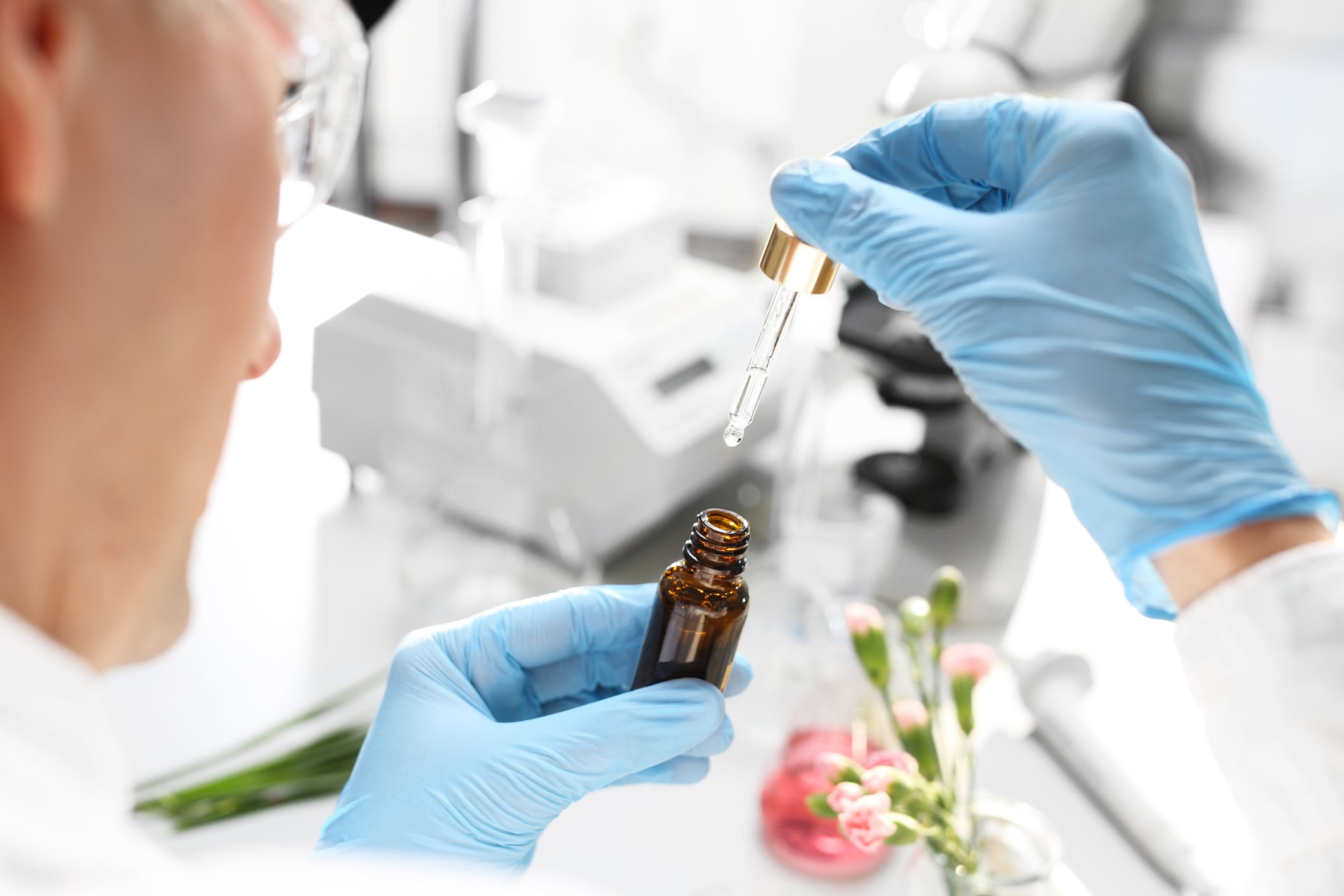
Gone are the days when clean beauty was an ambiguous buzzword. Changing EU regulations are making it the new normal, says one business expert.
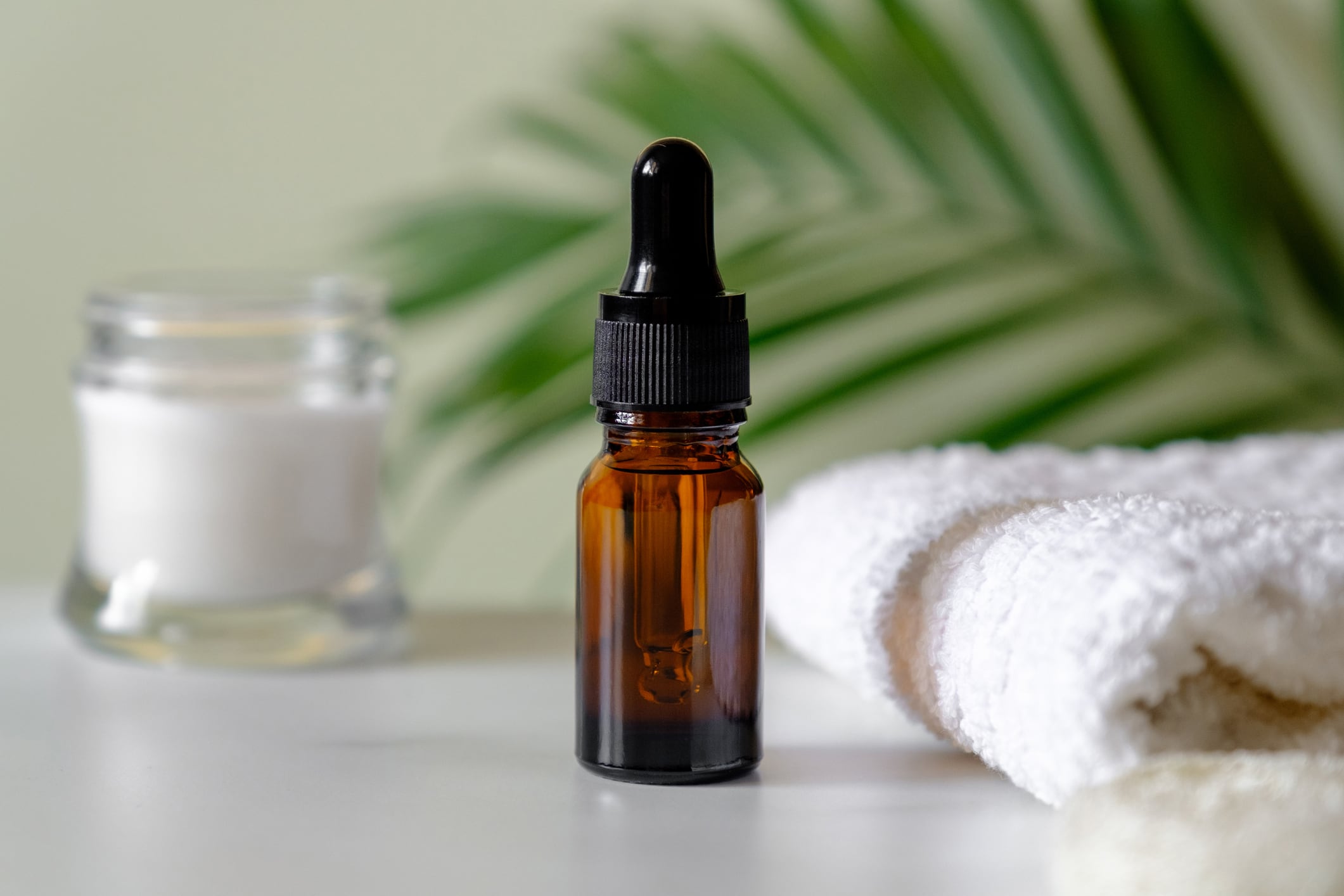
The creators of this new technology, Mibelle Group, LanzaTech, and the Fraunhofer Institute for Interface and Bioprocess Engineering (IGB) said they aimed to reduce deforestation and create a more sustainable supply chain.
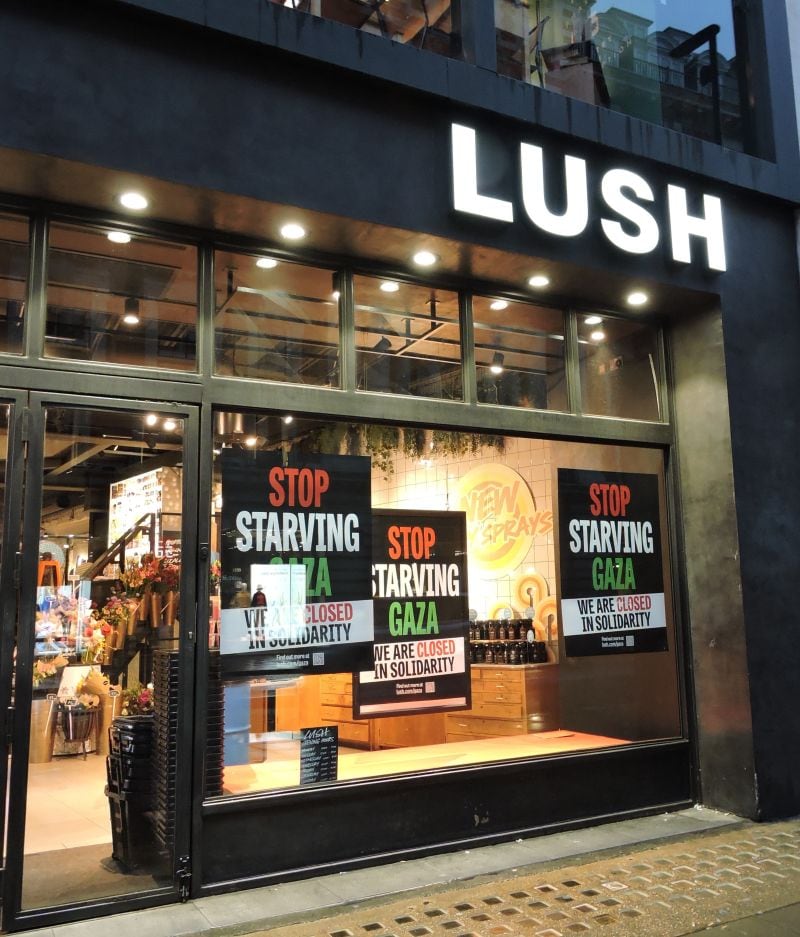
The UK cosmetics manufacturer and retailer Lush closed all retail operations for a whole day in protest to the situation Gaza.
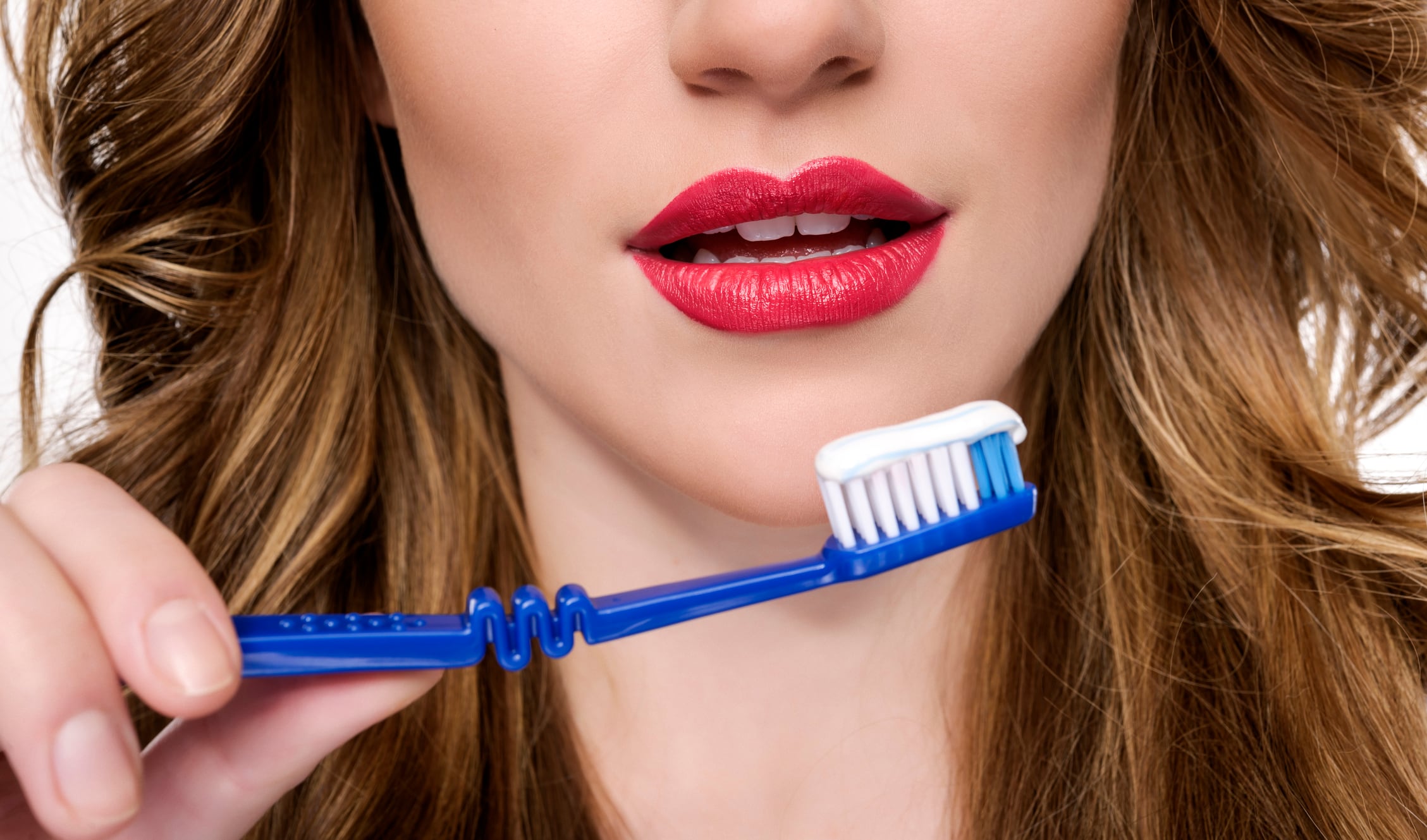
It appears that toothpaste made from hair could repair teeth. Researchers from London’s King’s College have revealed more in a new clinical study...
In July, French biotech firm Microphyt officially inaugurated its new microalgae biorefinery, which it said opens “a new era for the European bioeconomy.”
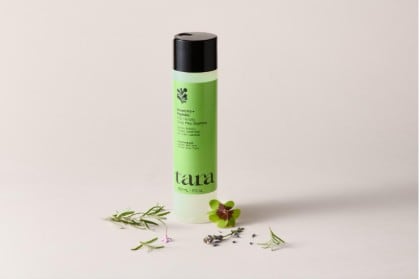
Spanish hair care brand Tara Formula blends Mediterranean food-sourced ingredients with scalp science to target hair problems. We spoke to its formulator to find out more...
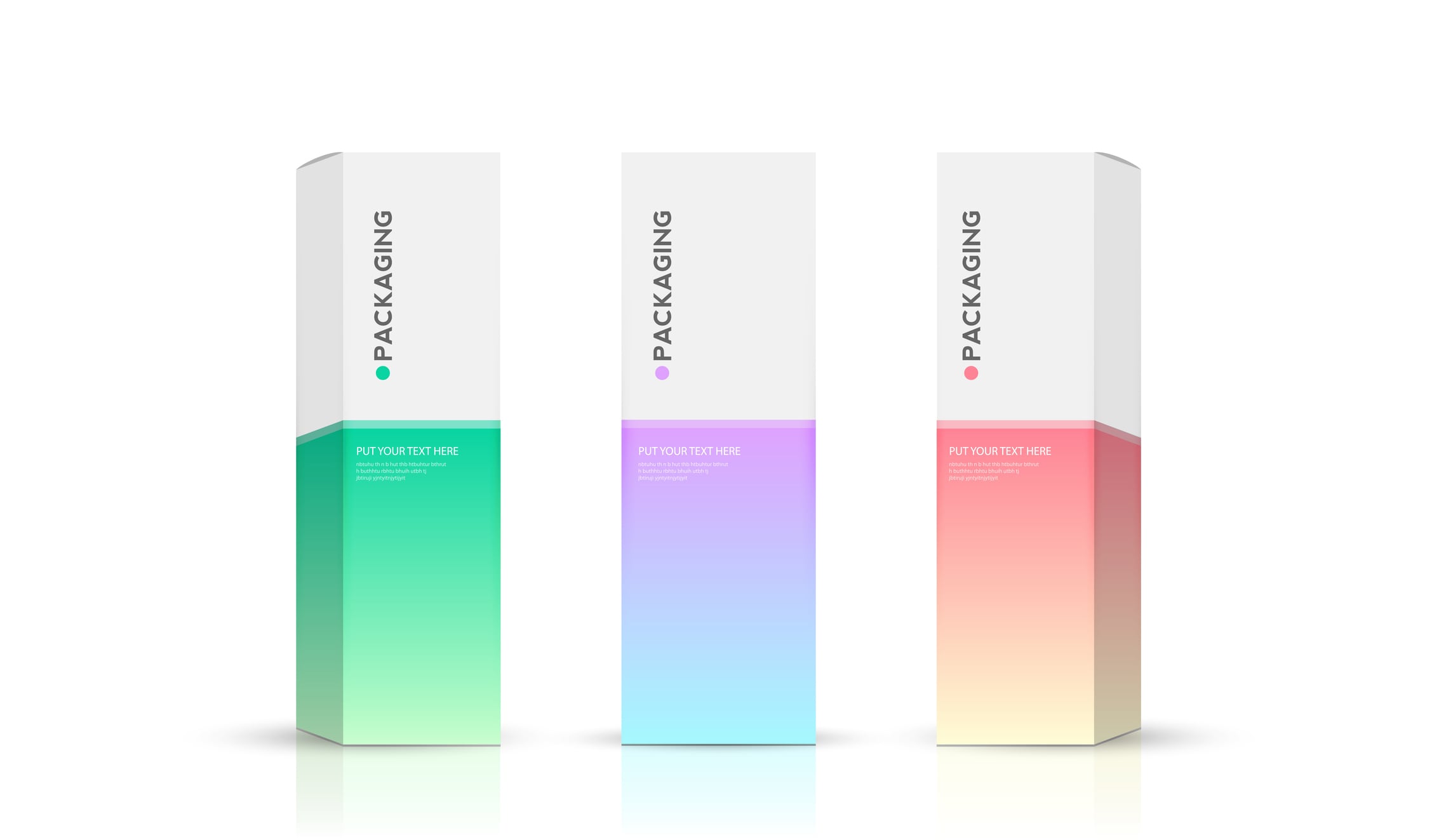
We spoke to an array of beauty packaging companies and design agencies to find out what’s trending now and what’s coming next for cosmetics packaging…
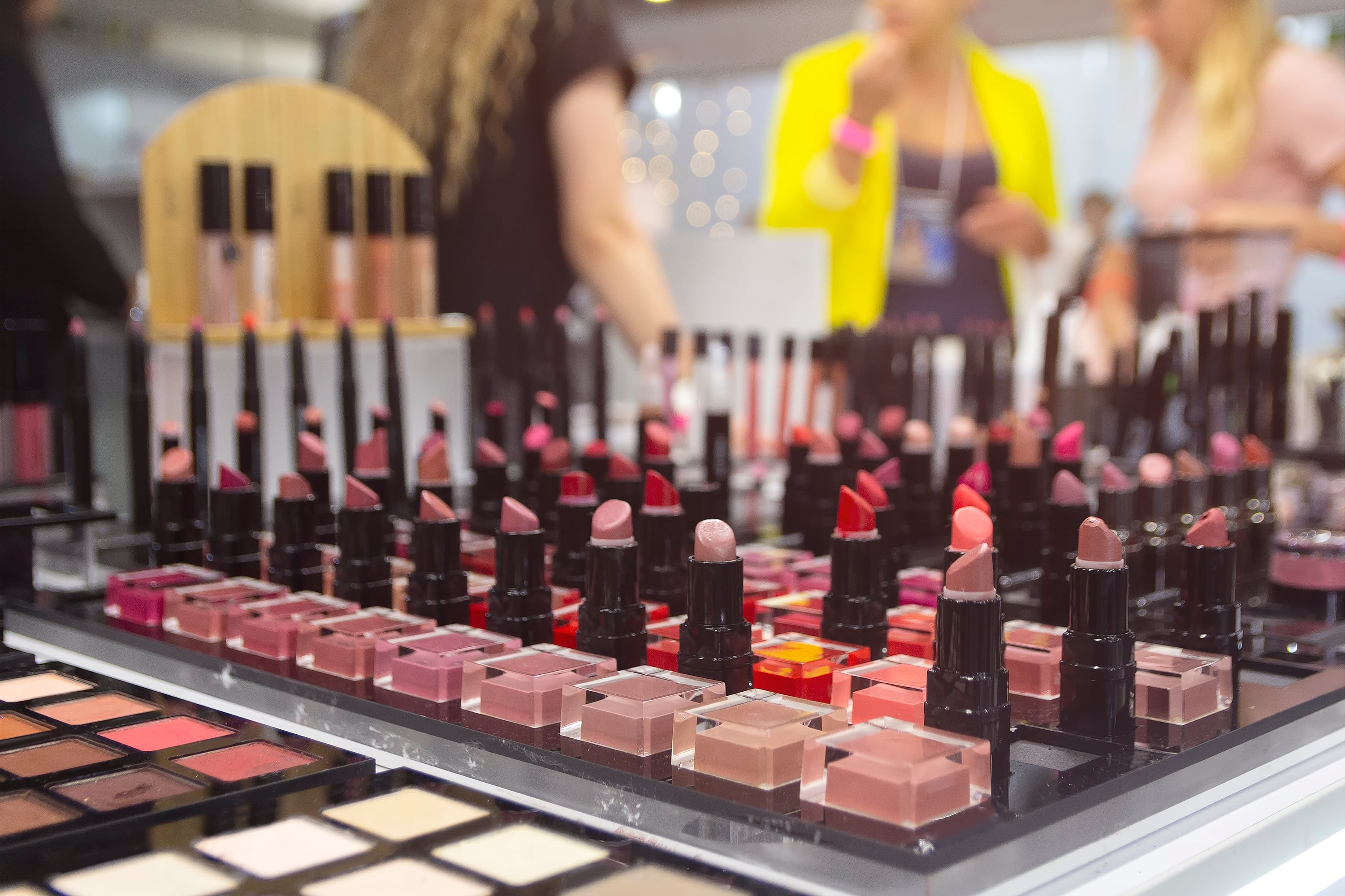
Recently released survey results show the current beauty shopping landscape is falling short for consumers who desire calm shopping environments or simpler purchasing options.

From packaging laws to the potential impact of the US-EU tariff deal, industry experts weighed in on a flurry of recent legislation proposals and legal decisions.

The EU animal testing loophole threatens progress for cruelty-free cosmetics, says PETA US.

A new cosmetics ingredients study has shown potential for lavender as a natural preservative in oil-in-water cosmetics formulations.

The biotech company’s new platform has launched with the rare ingredient orris.
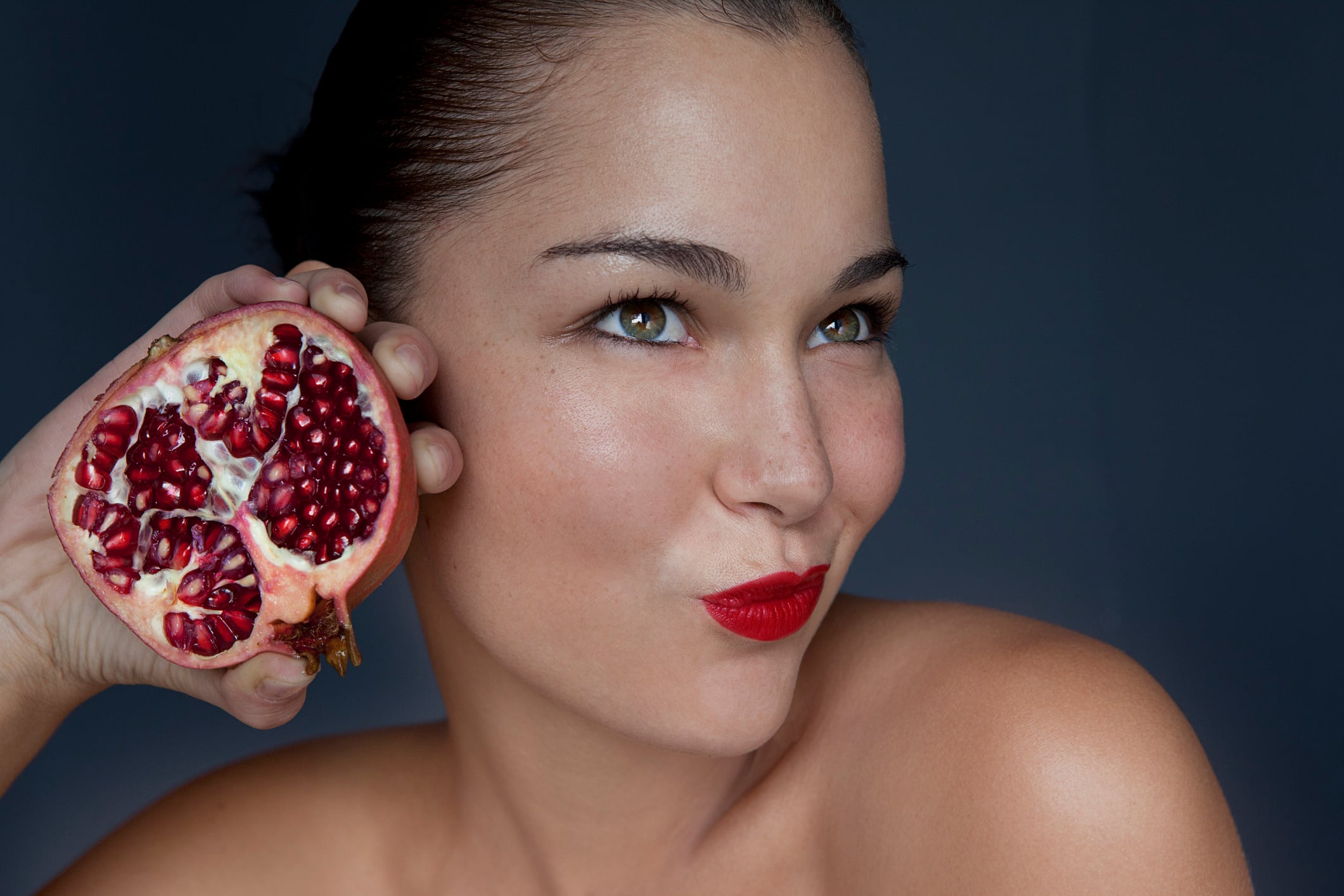
From exosomes to urolithin A: the beauty potential of the jewel-like fruit continues to grow. Here’s why pomegranate is the next longevity hero in cosmetics...